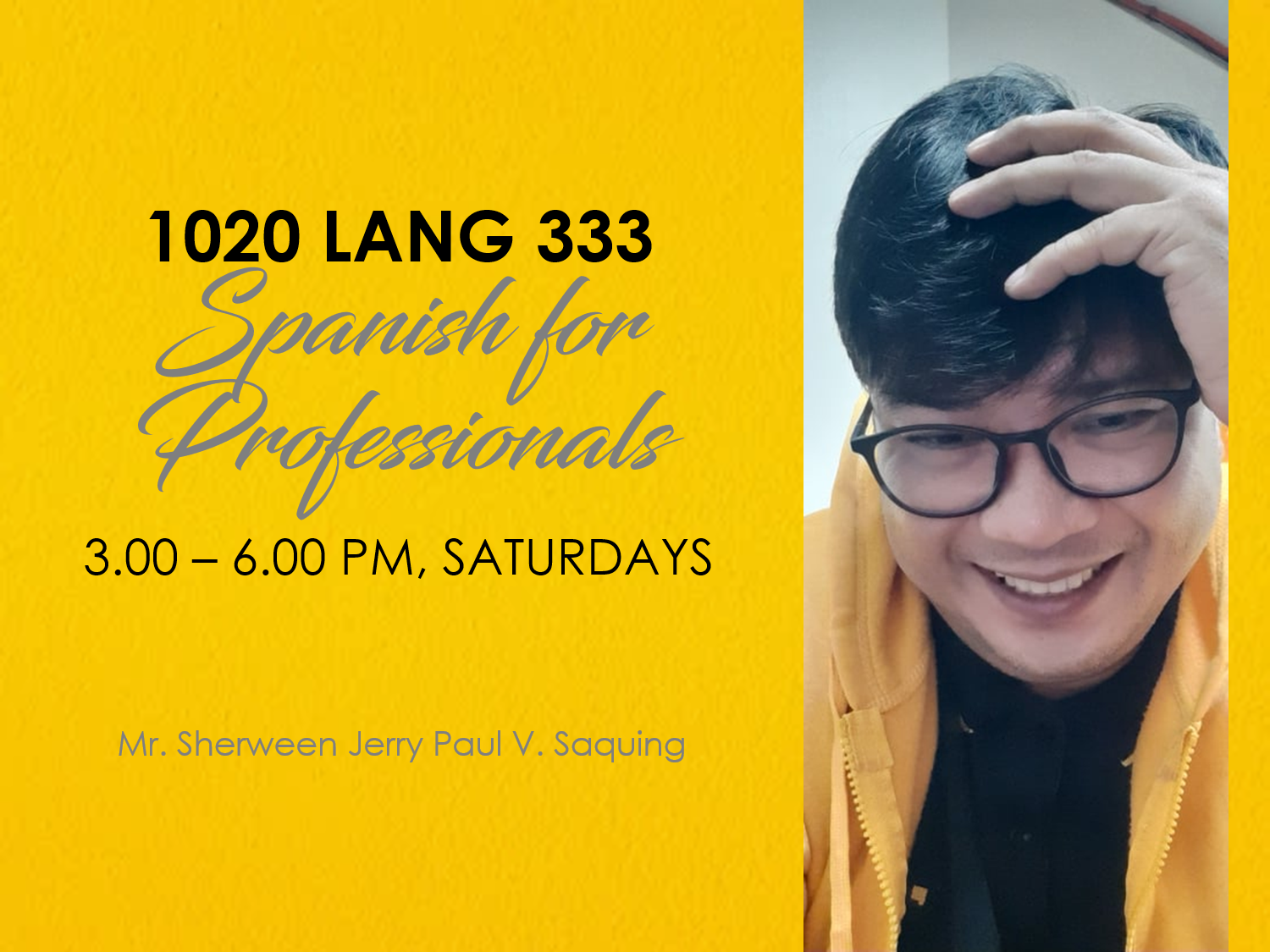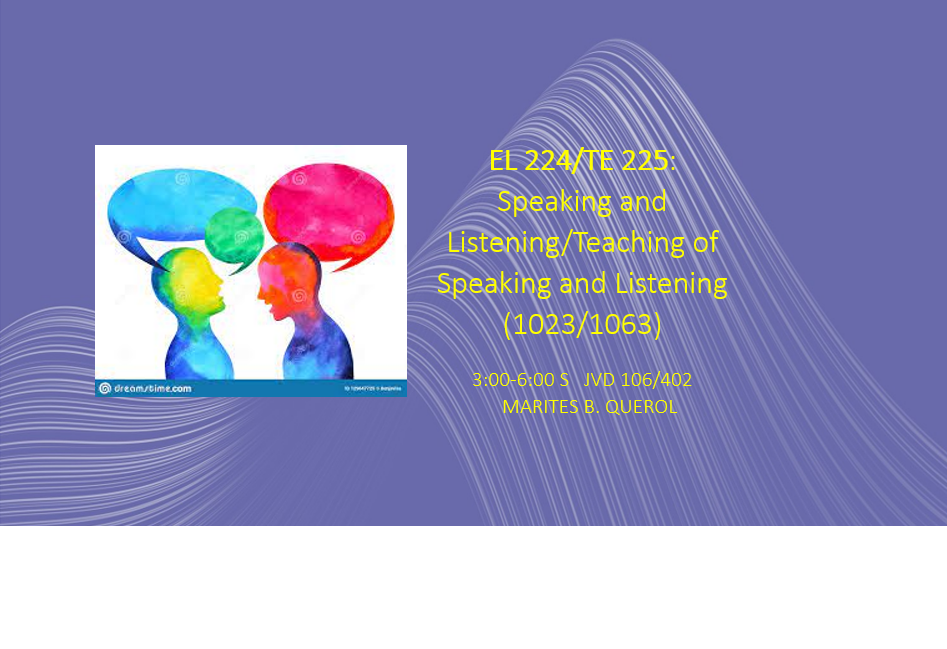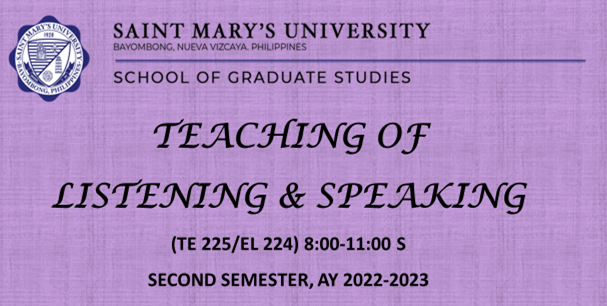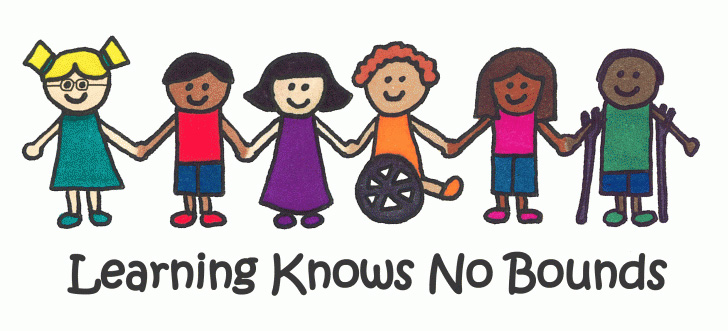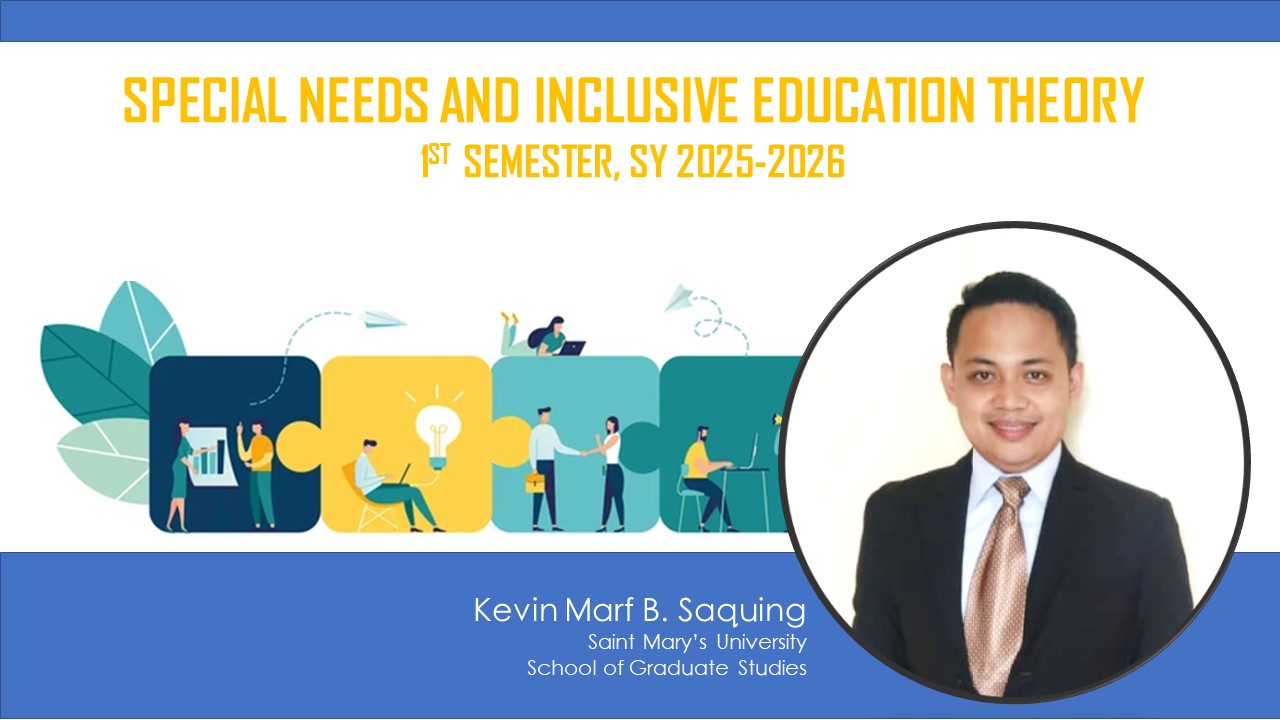Search results: 3380
The course introduces the student to the basic concepts, theories, principles, tools, & techniques in Social Work Counseling. Opportunities for the practice of skills in counseling will be provided through role-playing and analysis of counseling scripts. It allows rich learning experiences through actual counseling demonstrations as each of them performs alternately the roles of a counselor, a counselee, a facilitator, and an observer. Moreover, the values of trust, openness, and confidentiality are underscored as each of them discloses actual problems in various facets of life.
- Teacher: ALONA COSTALES
- Enrolled students: 11
- Teacher: ALONA COSTALES
- Enrolled students: 8
- Teacher: dimple mauricio
- Enrolled students: 7
This course is about the various theories and skills in social work practice with individuals and families in which the two (2) must go together in order to adhere the different aspects of the helping process. The family plays a crucial role in the helping process in which they must fully support the client as their co-members and later on they will be part of the activities and interventions of the worker. Participation of the client and the family is a must in order to ensure the successfulness of the said process and the worker is just facilitating and guiding the different clientele groups and systems.
- Teacher: Mark Joel Mendoza
- Enrolled students: 11
- Teacher: WENSON EVANGELISTA
- Enrolled students: 50
The course is concerned with the introduction of a European language into the mainstream conversation of academic professionals, in line with the trends in globalization and international linkages (being) forged between among institutions of higher learning across the globe.
While Spanish was the official language of the Philippines from the beginning of Spanish rule in the late 16th century, until the late 19th century, it was removed in 1973 by a constitutional change. After a few months it was re-designated an official language by presidential decree and remained official until 1987, when the present Constitution removed its official status, designating it instead as an optional language. The Philippine Constitution states: “For purposes of communication and instruction, the official languages of the Philippines are Filipino and, until otherwise provided by law, English. The regional languages are the auxiliary official languages in the regions and shall serve as auxiliary media of instruction therein. Spanish and Arabic shall be promoted on a voluntary and optional basis.” (Article XIV, Sec 7)
The course covers not only grammatical and conversational Spanish, but also includes lectures on Spanish culture, arts, gastronomy, and geography.
- Teacher: SHERWEEN JERRY PAUL SAQUING
- Enrolled students: 9
- Teacher: SHERWEEN JERRY PAUL SAQUING
- Enrolled students: 1
- Teacher: HAYDEE JAMES
- Enrolled students: 2
- Teacher: MARITES QUEROL
- Enrolled students: 2
- Teacher: ZAYDA ASUNCION
- Enrolled students: No students enrolled in this course yet
- Teacher: MARY GRACE MEDINA BULATAO
- Enrolled students: 1
- Teacher: Camille Corazon Valdez
- Enrolled students: 12
- Teacher: Camille Corazon Valdez
- Enrolled students: 2
The course deals with the main concepts, theories and methodologies of inclusive education including educational and social practices relating to special education.
- Teacher: LILIBETH CAJIMAT
- Enrolled students: 8
- Teacher: Kevin Marf Saquing
- Enrolled students: 3
The course deals with the main concepts, theories and methodologies of inclusive education including educational and social practices relating to special education.
- Teacher: John Michael Cachero
- Enrolled students: 2
- Teacher: aireen Santos
- Teacher: Kevin Marf Saquing
- Enrolled students: No students enrolled in this course yet
- Teacher: Jonathan Budaden
- Enrolled students: 46
- Enrolled students: No students enrolled in this course yet
- Teacher: Jonathan Budaden
- Enrolled students: 10



